
When a socialist organization fails: the ISO collapse
In 1981-82 I attended two ISO conferences where American comrades grappled with the need for a fundamental change in methods and, ultimately, leadership in the face of a radical decline in militant struggles. The result was a new leadership committed to a student focused, more propaganda oriented socialist group.
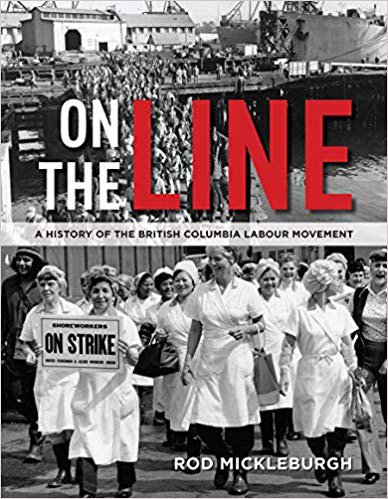
On The Line: A History of the British Columbia Labour Movement by Rod Mickleburgh (Review)
On The Line is an account of BC trade unions by the BC Labour Heritage Centre (an offshoot of the BC Federation of Labour) written by retired Vancouver Sun labour reporter Rod Mickleburgh. In a well illustrated and lively manner he tells the story of workers’ organizations and struggles, from Vancouver Island Coal miners in the 1850s to teachers’ struggles today.
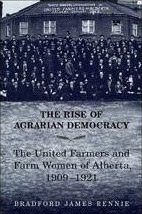
The Rise of Agrarian Democracy: The United Farmers and Farm Women of Alberta, 1909-1921 by B.J. Rennie
The Rise of Agrarian Democracy is the story of how Alberta farmers built a movement that elected the longest lived experiment in farm populist government in North America—the United Farmers of Alberta (UFA) from 1921 to 1935. B.J. Rennie’s aim is to tell and analyze how this mass mobilisation arose through the development of “a movement culture” in three steps.
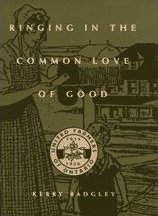
Kerry Badgley's "The United Farmers of Ontario"
In Spring 2001 thousands mobilized to protest the Free Trade Area of the Americas conference in Québec City. Following the "battle in Seattle" in 1999 and protests in Europe, a new anti-capitalist current has arisen. It is a current that includes some inspired by democratic socialism, but mostly includes a new generation inspired by some form of populism, radical liberalism open to refinement as either anarchist or socialist.
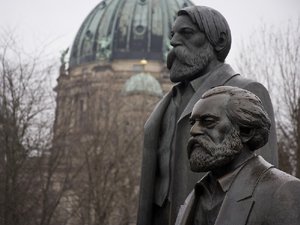
Engaging the Communist Manifesto
The Communist Manifesto is the founding statement of the revolutionary socialist tradition. In it, Engels and Marx set out a political method that emphasizes capitalism's dynamism and volatility; the need to relate to the exploited and oppressed in the struggle for socialism; to differentiate revolutionary socialists from other political alternatives; and to inspire a struggle for a socially just and fully democratic world. In the following essay, we examine how Marx and Engels saw the evolution of the Manifesto and its various uses in the struggle against capitalism in the last 160 years.
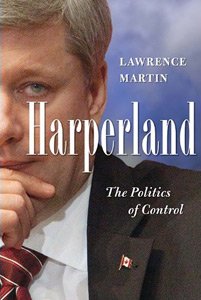
Harperland
The Harper Conservative government is in its second iteration as the national government of Canada. It is quite likely that a federal election will happen in the coming year as Harper looks to move beyond minority status to a majority government. If Lawrence Martin’s recent account of Harper is accurate (his book Harperland), then we are in deep trouble if he succeeds.
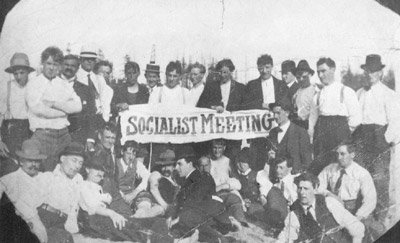
Revolutionary Socialism Emerges
Canada’s transition to an urban, industrial wage working economy took place from 1850 to 1921. In the 1850s Canada was an overwhelmingly rural place dependent on the harvest and export of resources, mostly fish and lumber, but increasingly agricultural as Canada became one of the world’s leading dairy and wheat exporters by 1900. Over time new minerals like silver and nickel and energy resources like coal and hydro were also exported, reorienting the export economy from Europe to the United States.
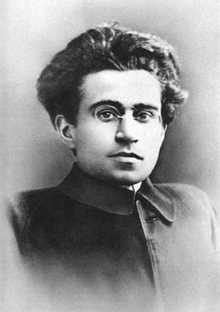
Gramsci: Revolutionary Activist
One of the leading Marxist activists in the classical revolutionary socialist tradition is Antonio Gramsci, an Italian socialist militant who saw the revolutionary potential in Italy’s post-World War One strikes; who became the leader of the Italian Communist Party in the 1920s; and who, as a prisoner of Mussolini’s fascist regime, reflected on these experience to ask how a revolutionary socialist party can build ‘hegemony’ or moral authority to win over a majority of workers to transformational change.
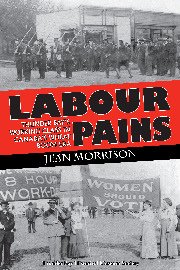
Labour Pains: Thunder Bay's Working Class in Canada's Wheat Boom Era (Review)
This is a study of working class formation. In particular, it is the story of the most advanced Thunder Bay (then Fort William and Port Arthur) workers from the 1880s to World War One as measured by such forms of autonomous institutional completion as trade unions and political parties.
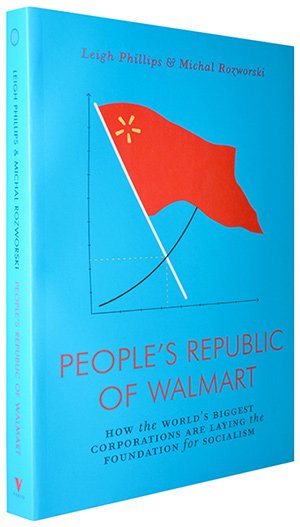
Is a Planned Economy Possible?
Phillips and Rozworski argue – and demonstrate in The People's Republic of Walmart – that economic life can be organized to meet needs rather than profit by planning through a democratic socialist state.
